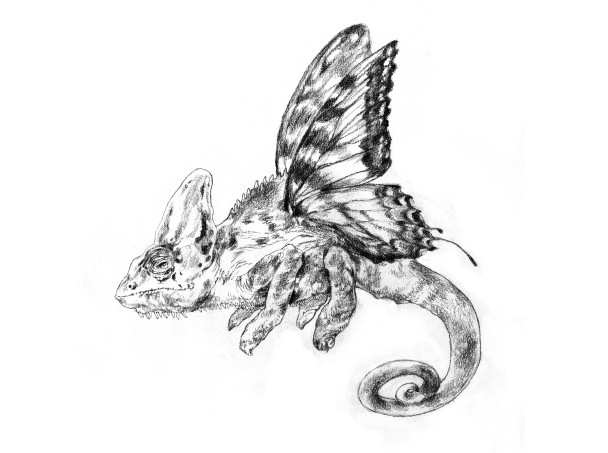Creating a better future is not just about making new and better things happen. The subversion, disruption and unmaking of current unsustainable societal structures, regimes and institutions is a crucial component of transformations toward more sustainable futures. Such transformations necessitate a replacement of currently dominant structures and actors (or regimes), by new, sustainable alternatives, which fundamentally involves power shifts. Interestingly, the concept of degrowth—which refers to envisioning a transformation to a smaller economy that is more equitable and democratic, in which there is less production and consumptions—has been described as “a deliberately subversive slogan” (Demaria et al. 2015:5).
Art, creative practices, and culture in a more general sense, have the unique potential to subvert currently dominant, unsustainable systems—and thereby contribute to sustainability transformations—through challenging the status quo. It can do so by questioning current power dynamics and contributing to imagination of alternatives. Subversion can be understood as a type of unmaking that is connected to creative practice and the arts. Unmaking here refers to the active deconstruction of modern capitalist imaginaries and social-ecological configurations. This can subsequently open up space for radical alternatives that are not compatible with capitalist structures (Feola 2019, Feola et al. 2021). In other words, unmaking can be understood as the dismantling of current systems, from the individual level (internalized ideologies and values) all the way to the global level. Processes of unmaking involve both symbolic and material deconstruction. Symbolic deconstruction interacts with material deconstruction in ways that are mutually reinforcing (Feola 2019).
Subversion can be understood as key to symbolic deconstruction. Creative practices can subvert by making everyday realities less familiar, and by making the accepted unacceptable (Light 2022). Through actively challenging, disrupting or subverting currently dominant but unsustainable, incumbent systems and associated actors, creative practices can act as seeds of transformative change (Rutting et al. 2022).
Subversive practices that challenge, invert, defamiliarize and make absurd present realities require courage. Creative practices can provide the individual and collective emotional energy and hope needed to develop a shared critical consciousness, and following this, to engage with actual subversion. Creative practices can be strong enough as interaction rituals to make participation in resistance more rewarding than the emotional energy awarded for participating in the status quo (Summers-Effler 2002).
Playfulness is key here - playful creative practices can loosen societal burdens - values, norms and power structures. Playful subversion can critique and make absurd societal practices that are considered 'just the case'. Moreover, there is a pleasure in subversion that can further generate emotional energy - and a subversion in pleasure (DeChaine 2008).




